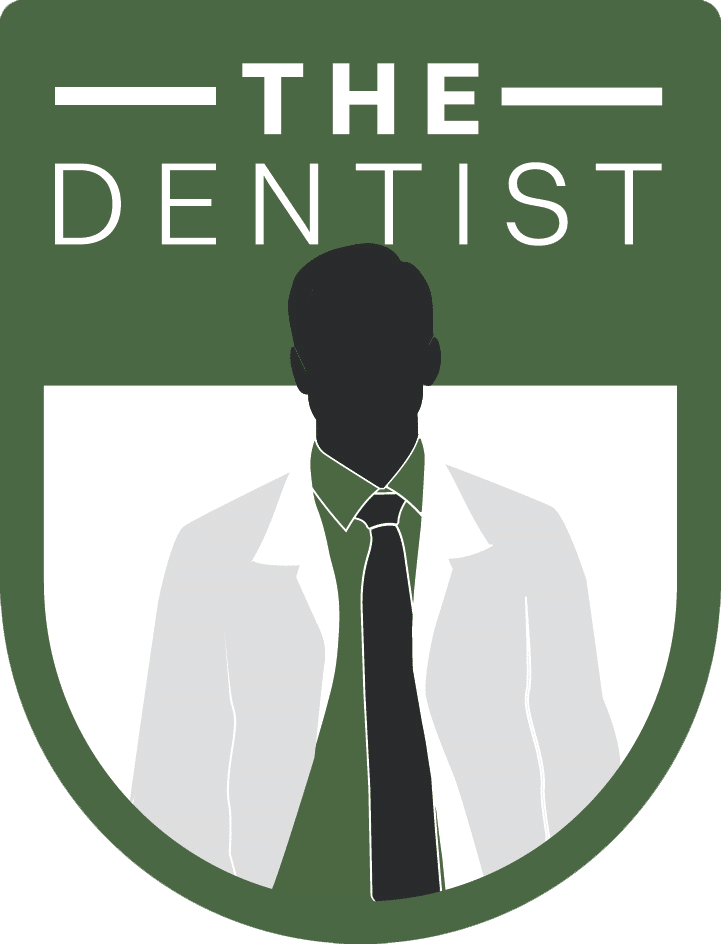Have you ever wondered why your friend can skip flossing for weeks without consequences, while you seem to get cavities despite religious dental care? The truth is, some people are more prone to cavities than others, and the reasons behind this disparity go far beyond just brushing habits. From genetic factors affecting tooth enamel strength to variations in saliva production that influence bacterial growth, cavity susceptibility is a complex interplay of biology and lifestyle. Whether you’re battling frequent dental issues or simply curious about your oral health predisposition, understanding why some people are more prone to cavities can be the first step toward better dental health—and potentially fewer trips to the dentist’s chair.
Understanding Why Some People Are More Prone to Cavities
According to research, approximately 60% of tooth decay cases involve genetic factors, indicating that cavity susceptibility varies significantly among individuals. This variation explains why some people seem to get cavities more easily than others, even with similar oral care routines.
The Science Behind Cavity Formation
- Dental caries (cavities) develop through a complex interaction between:
- Bacteria in the mouth
- Dietary sugars and carbohydrates
- The strength of tooth enamel
- Saliva quantity and quality
Genetic Factors Influencing Cavity Risk
Studies involving twins and families have demonstrated a clear hereditary component to dental health. Genetic factors can affect:
- Tooth enamel structure and strength
- Saliva composition and production
- Natural oral bacteria levels
- Tooth shape and positioning
Inherited Enamel Characteristics
Some people naturally have stronger or weaker enamel based on their genetic makeup. Weaker enamel is more susceptible to acid erosion and decay, leading to increased cavity risk.
Saliva’s Critical Role
Saliva serves as a natural defense mechanism, washing away plaque and neutralizing harmful acids. However, not all saliva is created equal – its protective properties can vary significantly between individuals due to genetic factors.
Environmental and Lifestyle Impact
While genetics play a significant role, environmental factors remain crucial:
Diet and Nutrition
- Frequency of sugar consumption
- Types of carbohydrates consumed
- Acidic beverage intake
- Snacking habits
Oral Hygiene Practices
- Brushing technique and frequency
- Flossing regularity
- Use of fluoride products
- Regular dental visits
Assessing Your Personal Cavity Risk
To determine your cavity susceptibility:
1. Review your family dental history
2. Evaluate your past cavity experience
3. Assess your current oral care routine
4. Consider your dietary habits
5. Consult with a dental professional
Prevention Strategies for High-Risk Individuals
If you’re more prone to cavities, consider these enhanced preventive measures:
Advanced Oral Care
- Use prescription-strength fluoride toothpaste
- Implement antimicrobial mouth rinses
- Consider professional fluoride treatments
- Get dental sealants applied
Dietary Modifications
- Limit sugary and acidic foods
- Avoid frequent snacking
- Choose sugar-free alternatives
- Increase water consumption
Professional Support and Monitoring
Regular professional care is essential for cavity-prone individuals:
– Schedule more frequent dental check-ups
– Get professional cleanings every 3-4 months
– Request saliva testing when appropriate
– Discuss personalized prevention strategies
Looking for expert guidance on cavity prevention? The Dentist LV offers comprehensive dental care and personalized treatment plans. Contact us today at our office to schedule your consultation.


